Top 12 All-Time Most Cerebral Boxers
It takes more than strength, punching power and great conditioning to become a champion prizefighter. Mastery of footwork, angles, feinting, defense and the ability to adapt to an opponent’s tactics are all at least as crucial to ring success as knowing how to throw a good left hook. Every champion boxer utilizes such elements to some degree, but then there are the genuine scholars of ring craft, the most cerebral boxers, who devote themselves to becoming true maestros of the technical aspects of fisticuffs. Here, with the help of Lee Wylie, we list the most cunning and intelligent of them all, the sweetest scientists of “The Sweet Science.”
12. Kid McCoy: The “Real McCoy,” aka Norman Selby, invented the corkscrew punch, designed to both penetrate specific guards and tear an opponent’s skin. He was considered the ultimate opportunist, an inventive trickster who did not hesitate to indulge in outlandish tactics to gain an advantage, such as feigning illness or pointing to someone in the crowd.
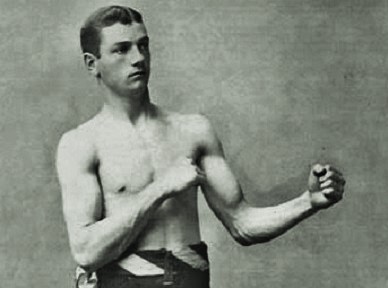
11. Tommy Loughran: The owner of arguably the most cultured lead hand in boxing history, Loughran was masterful at controlling distance and was one of the best defensive fighters to ever step through the ropes. His intelligence was by far his greatest attribute and enabled him to compete with such legends as Gene Tunney, Harry Greb and Mickey Walker.
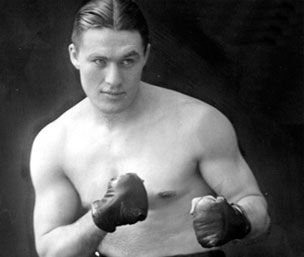
10. Bernard Hopkins: For Bernard, a master of psychological pressure, the fight begins long before the opening bell, but once in the ring he proved himself both a defensive wizard and a master at compelling opponents to fight his fight. Like Archie Moore, Hopkins’ amazing longevity is a direct result of his intellectual approach to the sport.
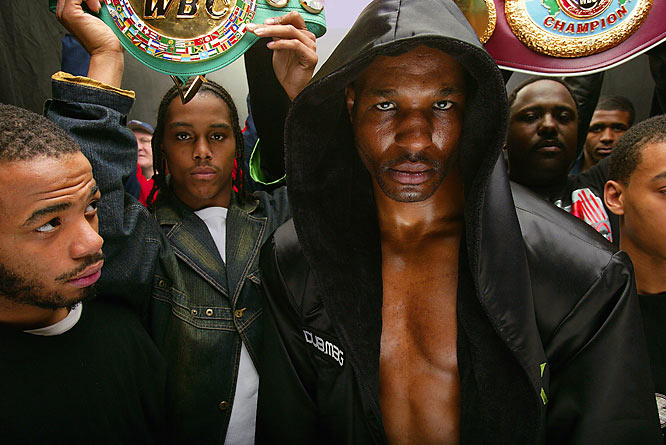
9. George Dixon: The first black man to win a world title and inventor of the practice of shadow boxing, “Little Chocolate” is arguably the sport’s first true master. Hailed during his career as the finest boxer of all time, Dixon was a master of feinting and a true innovator both in terms of tactics and training methods. His techniques greatly influenced those who came after him, including Joe Gans and Jack Johnson.
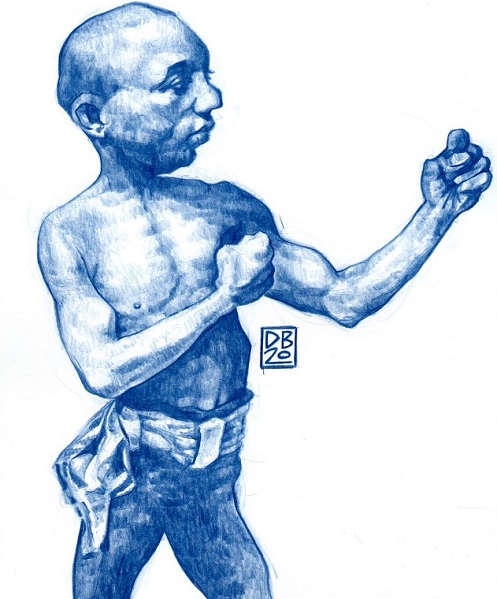
8. James Corbett: In terms of technique, Corbett was one of the great pioneers as he emphasized footwork, lateral movement and effective use of the jab. His win over John L. Sullivan in 1892 marked a great victory for brains over brawn and a turning point for the sport. One can argue that Corbett is the godfather of modern boxing principles.
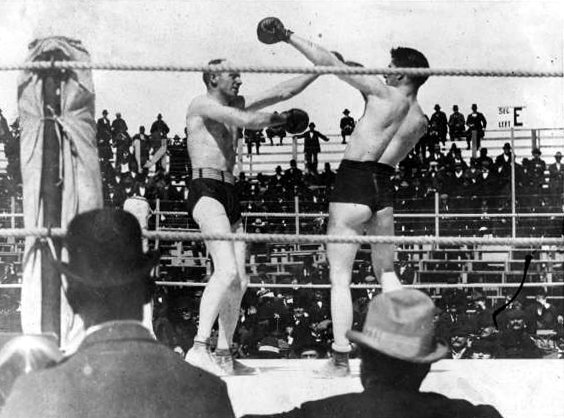
7. Holman Williams: A major influence on the great Joe Louis, Williams was both one of the sharpest and cleverest boxers of his time and one of the most avoided. Legendary trainer Eddie Futch claimed Williams was the best pure boxer he ever saw and that he’d rather watch Williams shadowbox than most other pugilists actually fight.
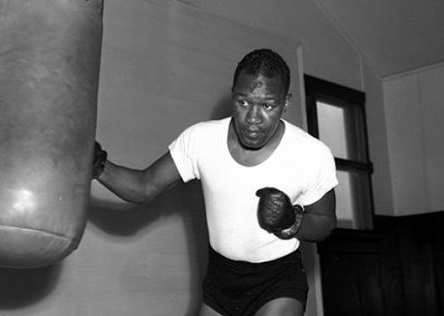
6. Jim Driscoll: During his lifetime there were many who regarded “Peerless” Jim as the greatest boxer who had ever lived, such was his mastery of the squared circle. Considering he held wins over fellow luminaries George Dixon and Abe Attell, this judgment cannot be dismissed as mere hyperbole. Driscoll went on to write four books on boxing technique — The Textbook of Boxing, Out-Fighting, Ring Craft and The Straight Left — and they remain among the most detailed treatises ever written on The Sweet Science. His ideas have influenced countless boxers and even elite martial artists such as Bruce Lee.
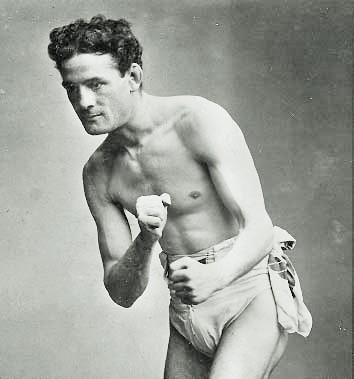
5. Bob Fitzsimmons: “Speckled Bob” is known for being both boxing’s first triple-crown champion and one of its hardest punchers. What is lesser known is that much of Fitzsimmons success stemmed from some highly sophisticated ring technique. Timing, distance and footwork were as much his stock-in-trade as raw power and his influence on fellow masters Joe Gans and Kid McCoy is irrefutable.
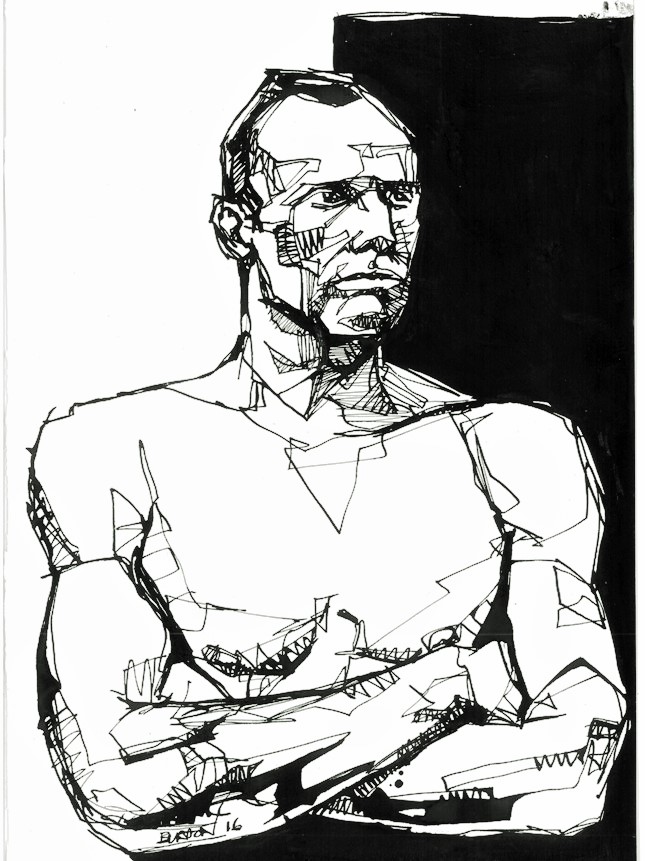
4. Archie Moore: No boxer has scored more knockouts than “The Old Mongoose” and likely no one ever will. But like Fitzsimmons, such success had as much to do with mastery of ring technique and strategy as it did mere aggression or brute strength. Moore was skilled in the art of drawing leads and his combination punching was superb, as was his counter-punching. His longevity at the top level can be attributed almost entirely to ring savvy. As adversary Yvon Durelle put it: “I have fought smart men before, but never anyone as smart as that fellow.”
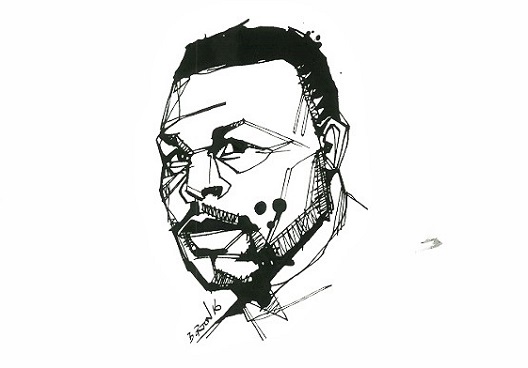
3. Willie Pep: The “Will o’ the Wisp” was a master of angles, movement and creating traps for the unwary. To watch Willie Pep in action is to witness a dissertation on how to set up an opponent: faking to circle out to his left but instead coming back with a straight left from the southpaw stance. Or playing with distance by forcing the opponent to over-commit and then walking them into shots. In fact, many of the tactics Floyd Mayweather Jr. used to dominate his era, Pep was employing even more authoritatively 75 years ago.
2. Joe Gans: Gans, the first Black American to win a world title, was one of boxing’s first true masters and a unique talent in that he was equally proficient boxing from a distance or fighting on the inside. A pioneer of ring craft, he did not invent the left jab but he refined its use both as a defensive punch and as a distraction to disguise an attack. Historians credit him with inventing the uppercut and popularizing the basic techniques of blocking, footwork and counter-punching and his prodigious skills earned him the nickname “The Old Master.” His influence is immense and was acknowledged by numerous later champions, including the great Benny Leonard.
1. Benny Leonard: The most sophisticated of boxers, the great Benny Leonard reigned over the strongest lightweight division of all-time and it was ring smarts more than anything else which accounted for the success of “The Ghetto Wizard.” Such was Leonard’s mastery, he rarely lost a round in competition.
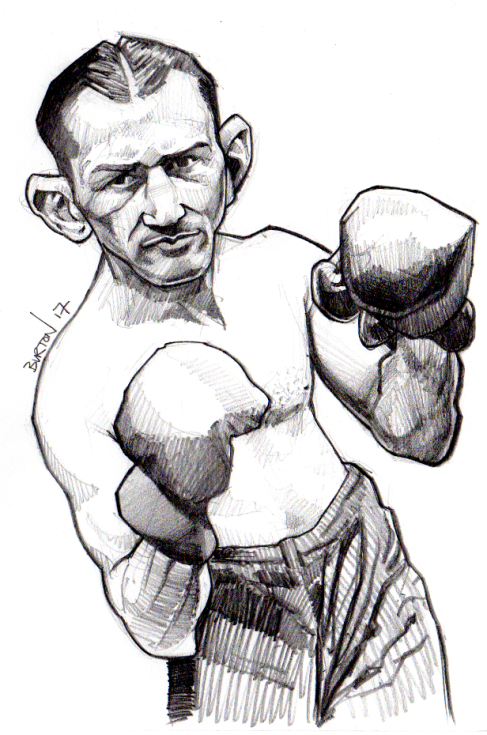
An avid student of the game, he spent hours in the boxing clubs studying different moves and strategies, feints and shifts, and when he chose to share his insights all training in the gym came to a standstill. Ray Arcel unhesitatingly called Leonard the best boxer he ever saw, citing his ability to make his opponents do exactly what they didn’t want to do. “If you were a counter-puncher, he would make you lead,” said the legendary trainer. “If you were aggressive, he would make you back up.” Leonard’s “mental energy,” added Arcel, was simply “unsurpassed.” Check out the brilliant video from Lee Wylie to learn more about the sophisticated ring technique of “The Great Bennah.”
Honorable mentions: Sugar Ray Robinson, Ezzard Charles, Charley Burley, Harold Johnson, Gene Tunney, Tommy Ryan, Philadelphia Jack O’Brien, Jack Britton, Tommy Gibbons, Roy Jones Jr., Abe Attell, Nicolino Locche, Sam Langford, Billy Conn, Wilfred Benitez, Jack Blackburn, Guillermo Rigondeaux, Jersey Joe Walcott, Eder Jofre, Floyd Mayweather Jr., James Toney, George Benton, Mike Gibbons, Muhammad Ali, Harry Greb, Jack Johnson, Mike McCallum, Pernell Whitaker, Orlando Canizales, Georges Carpentier, George Foreman, Roberto Duran.

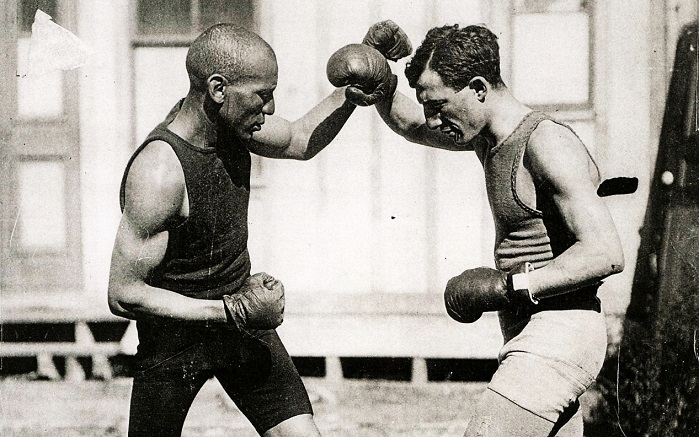

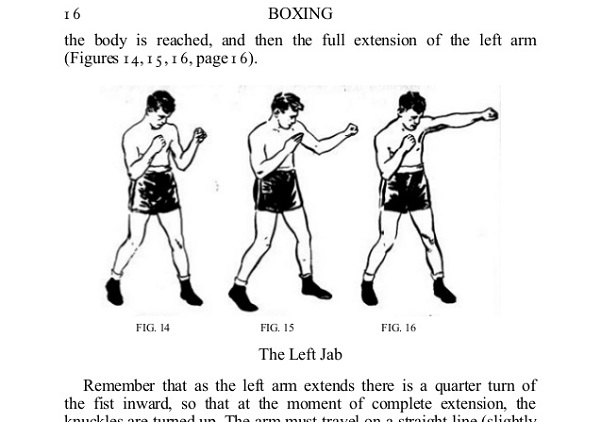
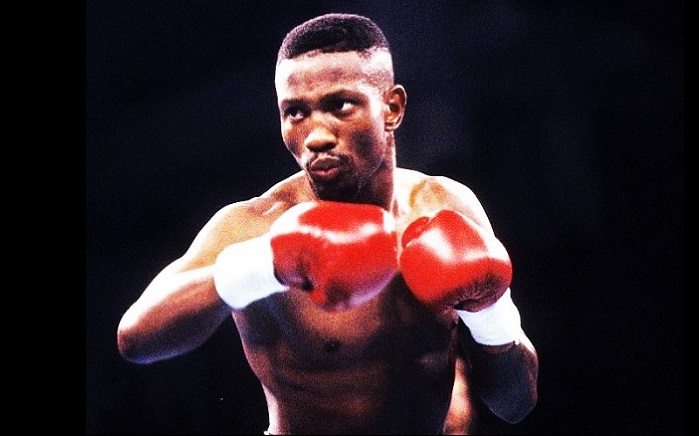

It’s hard to say who’s the smartest in the strictest sense. Who puts in the most brain energy into their approach? A strong case goes to the most successful boxer since they knew what it took to win and they calculated more correctly than their opponent. George Foreman can be seen as top 5 with how he used his strength and lack of speed to win.
But too much weight is given to oldtimers, given that the techniques we use know surpass what they ever knew so is this pound 4 pound most cerebral? Again..hard to know what’s in a man’s mind when he doesn’t execute well. Even a loser may have been doing more thinking than his opponent.
You can only be as much cerebral as your oponnent’s offense allows you . I very much doubt Benny Leonard would have such success today, where fighters get faster, stronger with better training methods and trump any thinking of yours. For all his known flaws, Tyson did sum it up correctly: “everybody has a plan until they get hit”
You cannot say that they would not have success today. If they were born today they would know what we know. They would also be faster, stronger with the better training methods and then their thinking will excellent that.
And it was guys like them that set the groundwork for the fighters of the future.
And the comment about about only as cerebral as you opponents offense does not make sense. Why would you let your opponent dictate the fights pace?
In fact, boxers were much better in the earlier eras of boxing for one, very simple reason – they fought much, MUCH more. The way you learn how to fight is by…fighting. Boxers with 300+ fights were not uncommon. Boxers fought 3, 4, 5 times a month, sometimes a week! Boxing was also far more lucrative for many more fighters, raising the competition level even higher. The kind of defensive skills Floyd Mayweather used to get over wouldn’t have served him in that era – everyone either deployed sophisticated defenses, or knew how to beat them. In the 1950s, Mayweather would have probably only been a decent journeyman. That’s how good boxers used to be. Fighters today just don’t have the chance to becomes as good because they number of fights are so limited.
No doubt this is quite the read.
I was looking at Google today about my own name. This May 28, 2021 comment looks like something I would make even though I can not quite recall it.
Ex-boxer 25-15-1 (verified) amateur/1-12 (minus 3) pro four year (F. Mac Buckley 1988, 89. Jimbo Isperduli/Cisco Zayas 1990-92. George Cruz, 1993) Jr.middleweight/welterweight.
Program build-up. Matchmaker. Can manage-& Train Fighters/”limited” interests.
Nice article, i agree at 100% Jim Driscoll have his place. He authored books, ringcraft is one of them. Additionally, I would add in honorable mentions: rocky marciano, salvador sanchez and charley burley.